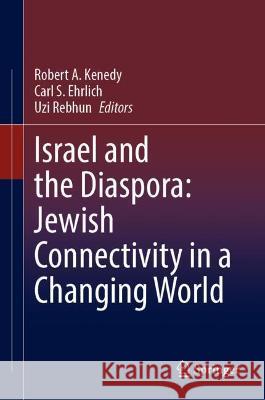Israel and the Diaspora: Jewish Connectivity in a Changing World » książka
topmenu
Israel and the Diaspora: Jewish Connectivity in a Changing World
ISBN-13: 9783030808716 / Angielski / Twarda / 2022 / 440 str.
Israel and the Diaspora: Jewish Connectivity in a Changing World
ISBN-13: 9783030808716 / Angielski / Twarda / 2022 / 440 str.
cena 684,33
(netto: 651,74 VAT: 5%)
Najniższa cena z 30 dni: 616,85
(netto: 651,74 VAT: 5%)
Najniższa cena z 30 dni: 616,85
Termin realizacji zamówienia:
ok. 16-18 dni roboczych.
ok. 16-18 dni roboczych.
Darmowa dostawa!
Kategorie:
Kategorie BISAC:
Wydawca:
Springer
Seria wydawnicza:
Język:
Angielski
ISBN-13:
9783030808716
Rok wydania:
2022
Wydanie:
2022
Numer serii:
000659149
Ilość stron:
440
Oprawa:
Twarda
Wolumenów:
01
Dodatkowe informacje:
Wydanie ilustrowane











